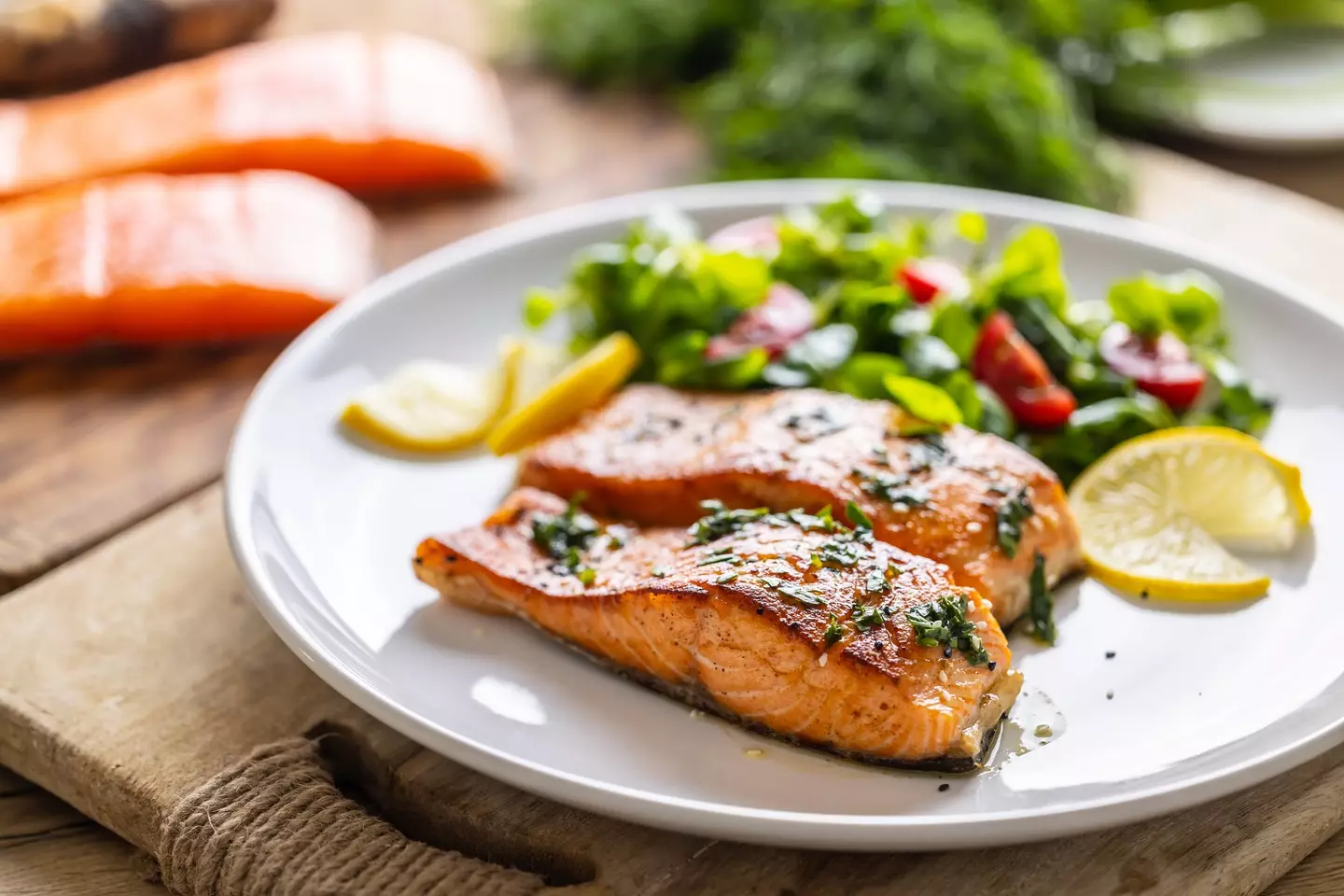.jpg%3Fcrop%3D2121%2C1194%2Cx0%2Cy110)
If there’s one way to eat that’s as indulgent as it is heart-healthy, it’s the Mediterranean diet.
Nutrition expert at Harvard T.H. Chan School of Public Health, Katherine D. McManus, MS, RD, LDN, reveals that this way of eating has been linked to lower risks of heart disease, diabetes, certain cancers, and even depression.
It’s not just about what’s on your plate - it’s a lifestyle designed to nourish your body while letting you savour every bite.

Advert
Picture a sun-drenched market along the Greek coastline or southern Italy. Your basket overflows with fresh vegetables, juicy fruits, hearty grains, and fragrant olive oil. Fish glints in the sunlight, ready for the grill, and a small hunk of cheese sits beside a rustic loaf of bread. Red meat makes only occasional appearances, while wine is sipped slowly with meals, not chugged on the go.
McManus emphasizes that the Mediterranean diet is built on minimally processed, nutrient-rich foods, letting flavor shine while your body thanks you.
For those wondering how to incorporate it at home, she shared 11 ways to bring the Mediterranean lifestyle to your table, saying: "Pick one change every week and incorporate it gradually. Start with the changes you think will be the easiest."
Use extra virgin olive oil
Switch from whatever fats you use now to extra virgin olive oil, McManus says.
"Start by using olive oil in cooking, and then try some new salad dressings with olive oil as the base. Finally, use olive oil in place of butter on your crusty bread."
Eat nuts and olives
Go for a handful of raw nuts every day as a 'healthy replacement for processed snacks'.

Add whole-grain bread or other whole grains
Select 'dense, chewy, country-style loaves without added sugar or butter' and add these to your meals.
"Experiment with bulgur, barley, farro, couscous, and whole-grain pasta," McManus advises.
Begin or end each meal with a salad
McManus says to choose crisp, dark greens and 'whatever vegetables are in season'.
Add more (and different) veg
"Add an extra serving of vegetables to both lunch and dinner, aiming for three to four servings a day," McManus says, urging people to try a new vegetable every week.
Up the legumes
Aim to eat at least three servings of legumes, with options including lentils, chickpeas, beans, and peas.

Eat less meat, but more fish
Choose lean poultry in 'moderate, 3- to 4-ounce portions', and save red meat for occasional consumption or 'use it as a condiment, accompanied by lots of vegetables, as in stews, stir-fries, and soups'.
Meanwhile, McManus says you should also eat more fish, aiming for 'two to three servings a week' - both canned and fresh are fine.
Replace beer and liquor with wine
"Substitute wine in moderation for other alcoholic beverages," McManus says, adding: "No more than two 5-ounce glasses per day for men, and one glass per day for women."
Cut out sugary drinks
Instead, replace soda and juices with water.
Eat less high-fat, high-sugar desserts
Poached or fresh fruit is best, McManus says.
"Aim for three servings of fresh fruit a day," she advises, saying cakes and pastries should be saved for special occasions.
Seek out the best quality available
"Farmer's markets are an excellent source of locally grown, seasonal foods," McManus explains.

Start small: swap butter for olive oil, toss nuts into salads, introduce beans into your dinner, or enjoy a hearty grain instead of white rice. Gradually, your meals transform from routine to ritual, infused with flavor, texture, and that slow-living Mediterranean vibe.
At its core, the Mediterranean diet is about enjoying food that’s as good for your taste buds as it is for your body.
Topics: Health
